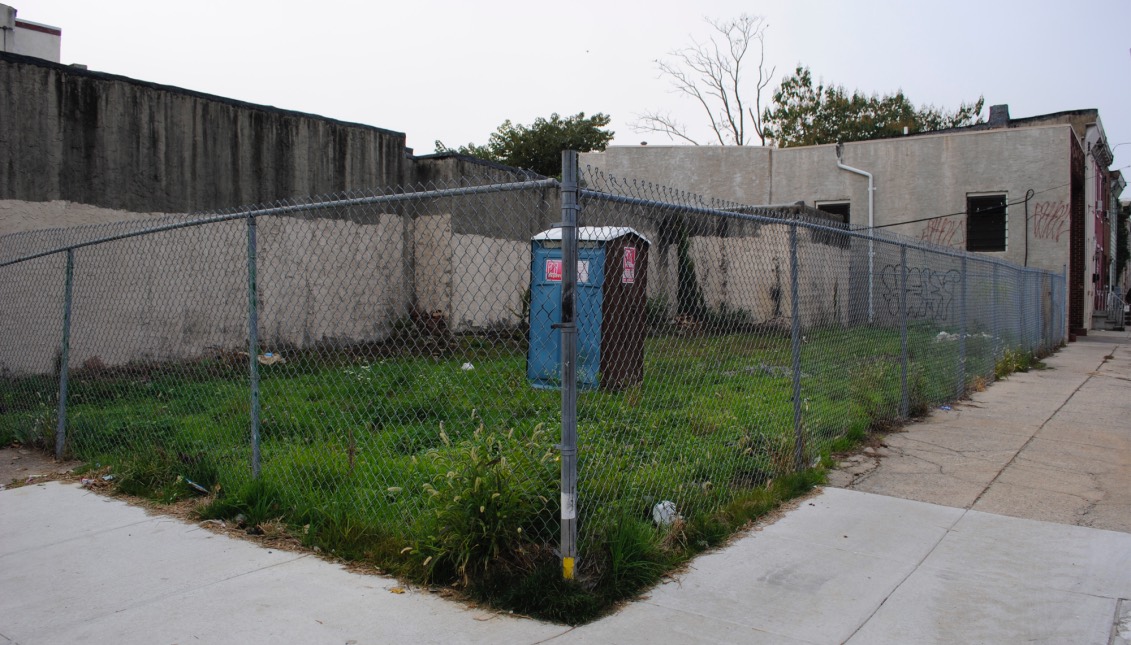
Selling tax liens: Quick cash fix undercuts Land Bank
As you are reading this editorial, you should know that an online auction is currently being held on tax liens for nearly 1,000 delinquent properties in the…
As you are reading this editorial, you should know that an online auction is likely already being held on tax liens for nearly 1,000 delinquent properties in the city.
The last time a tax lien sale happened was in 1997, under the Rendell administration, and the city’s Land Bank — formed in December 2014 to streamline the process of reclaiming and turning over vacant and deadbeat properties into tax-producing ones — is still suffering the effects.
You see, tax lien sales provide a quick influx of cash for municipalities .... but private purchasers tend to keep properties in delinquency for far longer periods of time than municipalities, and are less equipped to collect the delinquent taxes. According to a Next City report from 2013 (when council member Bill Green had proposed a tax lien sale), “The goal of a private collections company is to keep problem properties in delinquency status to increase interest owed and maximize their return on investment.”
The result? Many of the redevelopment plans that include properties with delinquent, privately held liens stay “in limbo.”
The Land Bank, which as a city entity has the ability to immediately clear municipally held tax liens doesn’t have that ability if tax liens are held by private agencies, and so problem properties take much longer to resell and turn around.
Why undercut the Land Bank a mere six months into its existence?
Maybe City Council members have balked at transferring deeds of deadbeat properties in their districts to the Land Bank, as the author of the legislation, María Quiñones-Sánchez, predicted early this year?
Or, more likely, the tax lien sale damage to the Land Bank is less intentional than collateral.
Despite recently approved property tax increases, use and occupancy tax increases, and parking tax increases, City Council is still short of what the Philadelphia School District has requested in operational costs for the coming academic year. And with Governor Wolf’s education-centered budget seeming less and less likely to be approved, maybe Council really believes it is caught between the urban version of Scylla and Charybdis — blight and education — and can do no better than choosing to curtail the functionality of one in order to keep the other afloat.
While we can appreciate the epic nature of the challenge before City Council in terms of fully funding the school district, the tax lien sale seems a short-sighted and risky choice — last time around the city was forced to default on $46 million of the total it had borrowed against owed taxes when the private lien holders proved unable to collect what was estimated. And in the process it threatens to kill the very municipal entity that — given time to really establish itself — is the city’s best insurance against having to sell liens for the next quick cash fix.









LEAVE A COMMENT:
Join the discussion! Leave a comment.